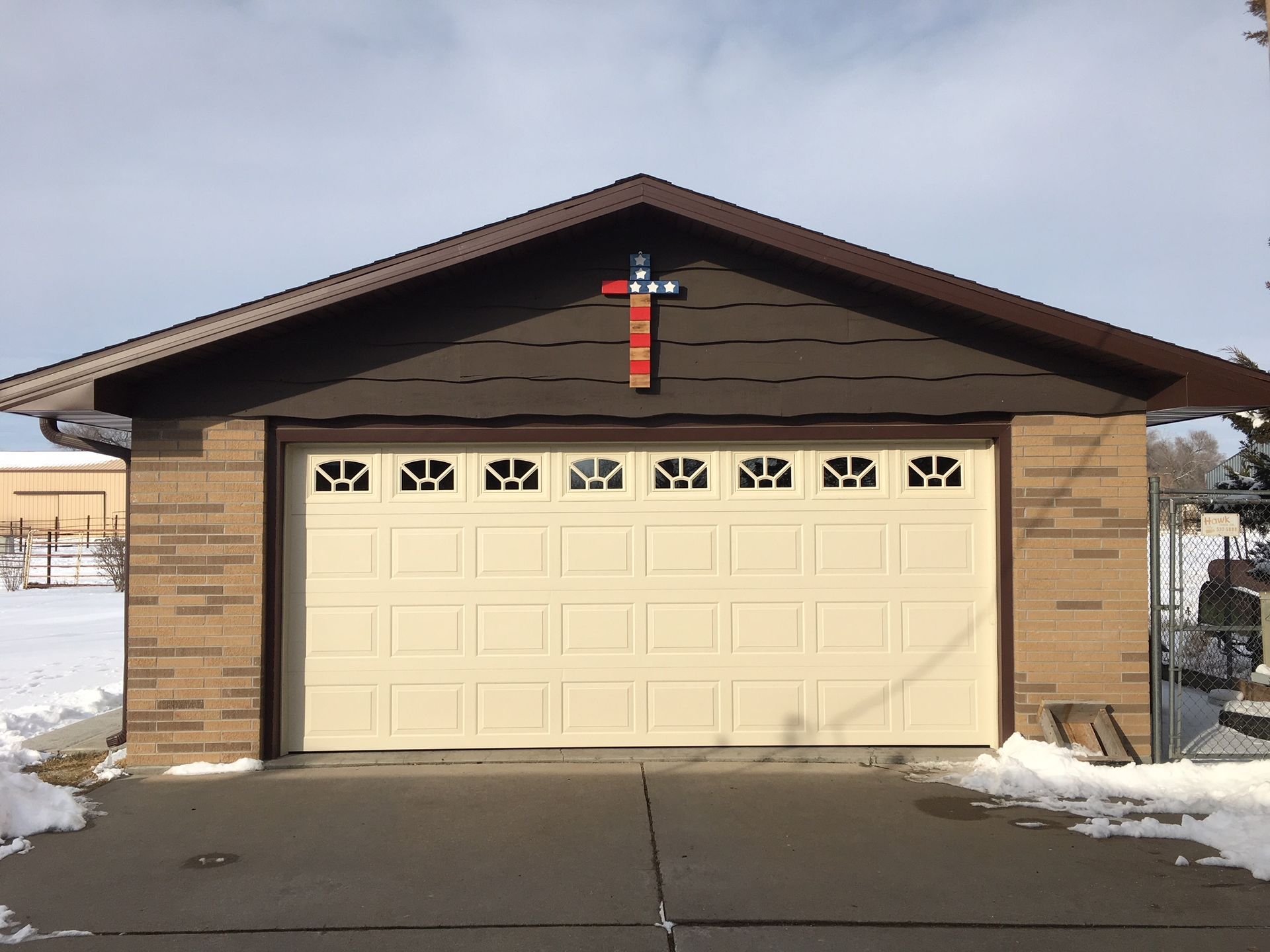Your overhead door does more than just open and close; it protects your home, boosts energy efficiency, and adds value. But like any complex equipment, it needs care. Ignoring subtle issues can lead to costly repairs—or worse, a door that stops working entirely. Let’s explore the top 5 signs your overhead door might need repair and why acting quickly is key.
1. Unusual Noises During Operation
Does your overhead door creak, rattle, or make high-pitched noises? These sounds are not just irritating—they’re a cry for help. Unusual noises can indicate issues with the door’s springs, rails, or motor. Left unchecked, these minor issues can escalate into serious breakdowns.
Delayed Garage Door Movement
If your overhead door is slow to open or close, it might be due to aging parts or electrical issues. A door that delays could pose a safety risk, especially if it malfunctions while in use. Timely intervention can get it back to working efficiently.
3. Sagging Sections
Have you noticed uneven or drooping areas in your overhead door? This is often a sign of structural weakness or problems with the springs. Beyond being unattractive, sagging can compromise your door’s security and insulation capabilities.
Your Door May Be Wasting Energy
A poorly fitted or insulated overhead door can let air escape, making your HVAC system work harder. If you’ve noticed your energy bills rising unexpectedly, your garage door could be the culprit. Fixing your door can help lower costs in the long run.
When Cosmetic Issues Become Functional Problems
Dents, splits, or rust are clear indicators that your overhead door has been through a lot. While some damage might appear minor, it can lead to bigger issues and make it more susceptible to malfunctions. Addressing these issues promptly is critical for safety and functionality.
